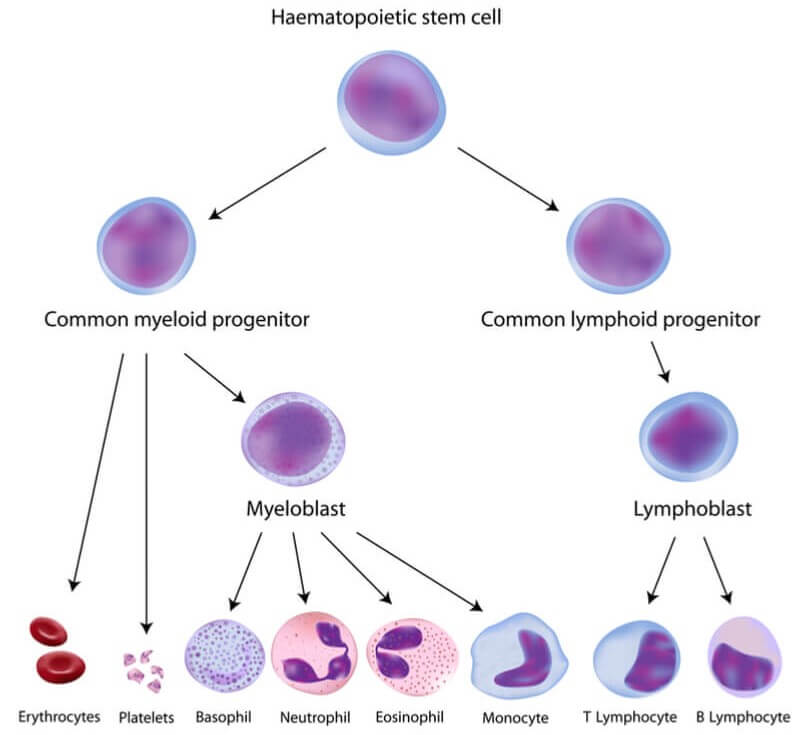Following last week’s article about the importance of eating plenty of fruit and vegetables, German researchers have unearthed another link between junk food and diabetes and heart disease.
Researchers from the University of Bonn, Germany, have found that an unhealthy diet can cause the immune system to act as if it is responding to bacterial infections. The study, published in Cell, demonstrated that ‘bad’ foods make the body’s defenses more aggressive in the long term, even if an individual switches to a more healthy diet. Innate immune stimulation is more pronounced, and these changes can accelerate the development of arteriosclerosis and diabetes.
The study placed mice on a ‘Western diet’ – high in fat, high in sugar, and low in fiber. This caused them to develop a strong inflammatory response throughout the body – as if they had been infected with dangerous bacteria. An increase in the number of certain immune cells was observed, particularly granulocytes and monocytes, indicates that immune progenitor cells in the bone marrow are involved.
To better understand these findings, bone marrow progenitors were isolated to analyze their function and level of activation. Results showed that the diet had activated a number of genes in the cells, which lead to their proliferation and maturation. This suggests that fast food can cause the body to create a huge and powerful army of immune cells.

The researchers then looked at the blood of 120 subjects and identified a ‘fast food sensor’, which gave rise to a strong immune response. Genetic tests highlighted a role for the inflammasome – a key signaling complex that recognizes pathogens and releases inflammatory signals. How exactly the inflammasome detects the ‘Western’ diet remains to be determined. Last month, researchers, also at the University of Bonn, implicated the inflammasome in Alzheimer’s disease.
Interestingly, when mice were returned to their typical diet of cereal for four weeks, inflammation disappeared. However, the changes to the genome of the immune cells remained and the genes stayed switched on as the packaging of DNA has been altered. This is due to epigenetic changes, an area that is receiving attention from biotechs like 4SC, which is developing an epigenetic drug for liver cancer, and Oryzon Genomics, which is developing selective epigenetic drugs.
For the first time in recent history, life expectancy growth in the Western world is beginning to slow. Of course, we are well aware that eating badly can have major consequences for our health. With what we have learned from the results of this study, it will be interesting to see if it can be adapted, perhaps as a diagnostic test or even an epigenetic or gene therapy to rectify the changes in the genome that put individuals at risk of dangerous diseases.
Images – margouillat photo / shutterstock.com; Alila Medical Media / shutterstock.com





